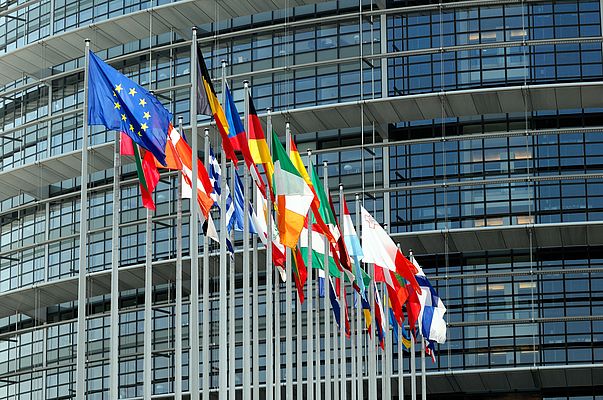In today's business climate, no company wants to find itself in a state of regulatory non-compliance. Particularly when the regulations in question are concerned with sustainability.
Nor is it difficult to see why. With both governments and consumers placing sustainability high on their respective agendas, non-compliance potentially opens the door to a number of unwelcome consequences, not the least of which is reputational damage.
A single damaging headline can easily undo a significant investment in corporate and social responsibility initiatives, steering consumers into the arms of your competitors. Likewise, governments and corporate customers are increasingly linking their sustainability agendas to their contract-awarding processes. Tick the box-or be shown the door.
Europe's Energy Efficiency Directive 2012/27/EU
Anecdotal evidence suggests that many of Europe's businesses may be under-prepared for EU Energy Efficiency Directive 2012/27/EU.
Firmly focused on energy efficiency-an issue that is central to sustainability-it calls for compliance by 5 December 2015, just nine months away. By not taking steps to become compliant, businesses are leaving themselves open to consequences stretching from reputational loss to loss of business.
The most worrying aspect of the Directive? The sheer number of businesses that will be affected by it. At its starkest, just about every business with either 250 employees or annual revenues of €50 million must comply. This broad impact is worrisome not because the goals of the Directive are unsound, but rather because its requirements are not clearly or consistently established across EU nations.
National differences
What exactly does compliance call for? For businesses seeking the answer to this seemingly simple question, there's both good news and bad news.
At least for the time being, the good news is that-as with any European Directive-the requirements must first be drafted into each member state's national law. And despite the closeness of the 5 December deadline, a number of countries have yet to complete this step. S
o if you're a German business, for instance, there is not yet a national German law with which you have to comply. Yet if you're a German business with eligible operations in Hungary, Sweden, the UK, or other certain countries, then you must be complaint with the national manifestations of the Directive in each of those countries.
In the realm of not-so-good news, there's a surprising lack of consistency and clarity in many aspects of the Directive's operation across Europe.
A number of countries have incorrectly enshrined the eligibility requirements into national law. In Spain and Sweden, for example, the law requires compliance from companies with 250 employees and annual revenues of €50 million or a €43 million annual balance sheet. In contrast, the Directive applies to companies that meet either the financial requirements, or have the requisite number of employees.
Audit clarity
The lack of clarity also extends to how, precisely, businesses should comply. The key requirement of the Directive is simply stated: businesses must conduct energy efficiency audits every four years. And the first of those audits-in theory-is to be completed by 5 December 2015.
But who should carry out such audits? What qualifications and certifications should they possess? What form should the audit take? How should businesses notify governments that they have completed it? And what penalties apply in the case of companies that don't conduct an audit?
Simply put, there is widespread divergence among Europe's member states in terms of how they have specified these factors.
Worse, such divergences aren't immediately obvious to many businesses. In the case of the German business with operations in Hungary, Sweden, the UK, for instance, the headquarters-based sustainability manager would need fluency in all those languages in order to understand the exact requirements called for in each national law. Which is possible, but unlikely.
By Ulrika Wising, Head of Section Sustainable Energy Use Europe, DNV GL Belgium
























































